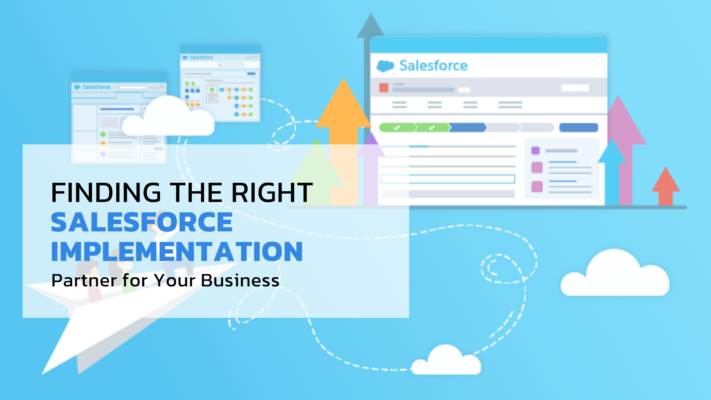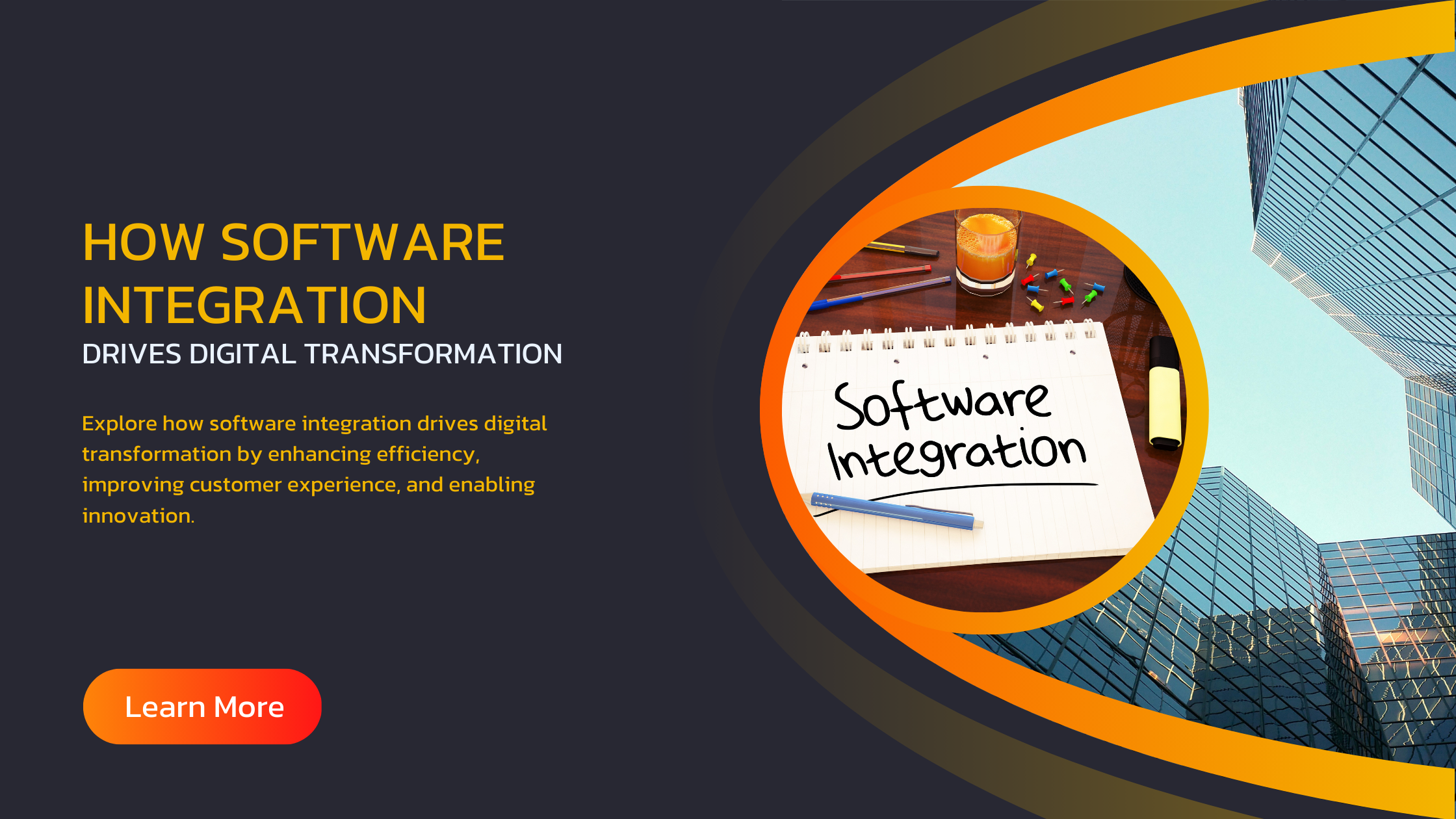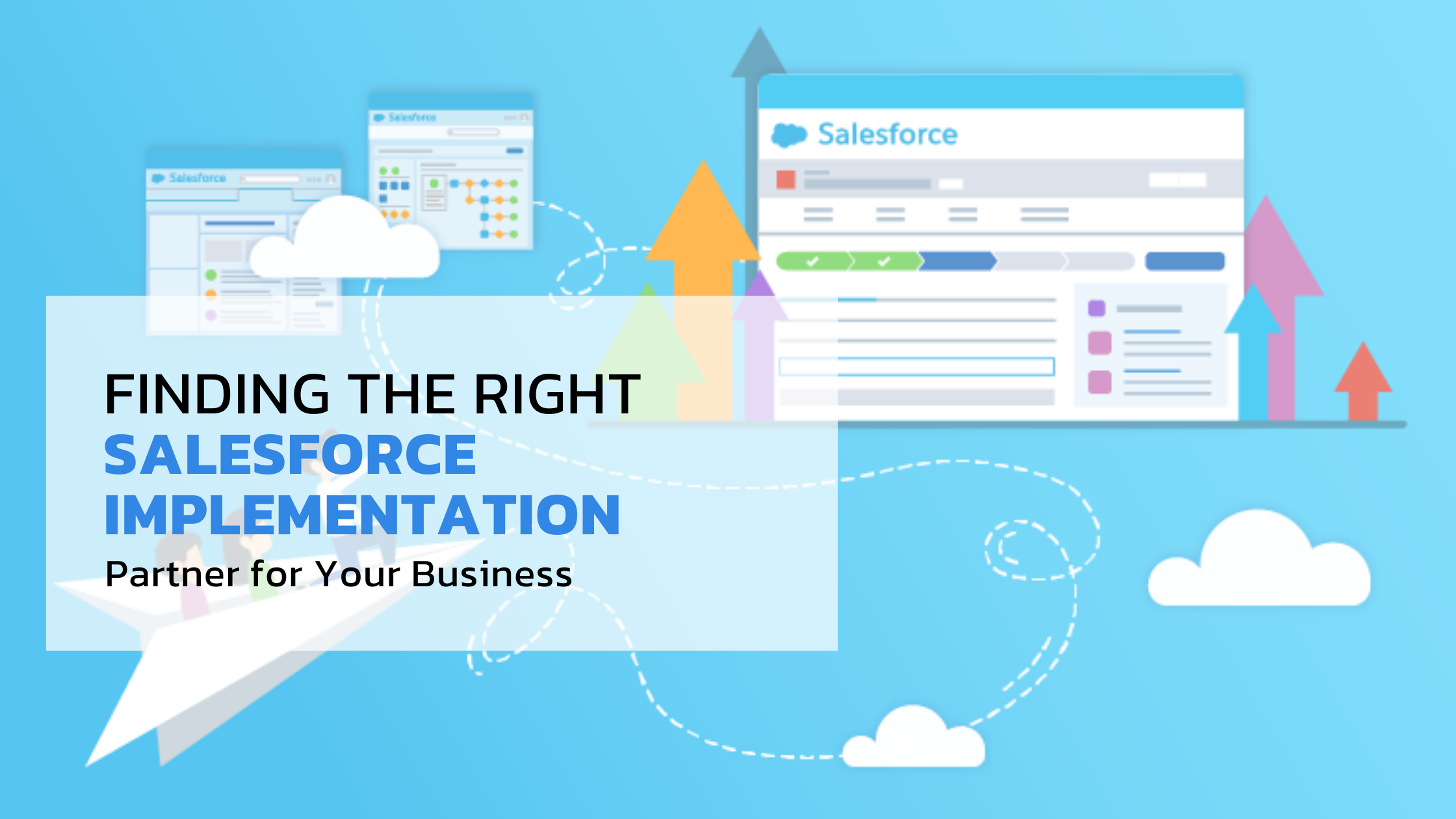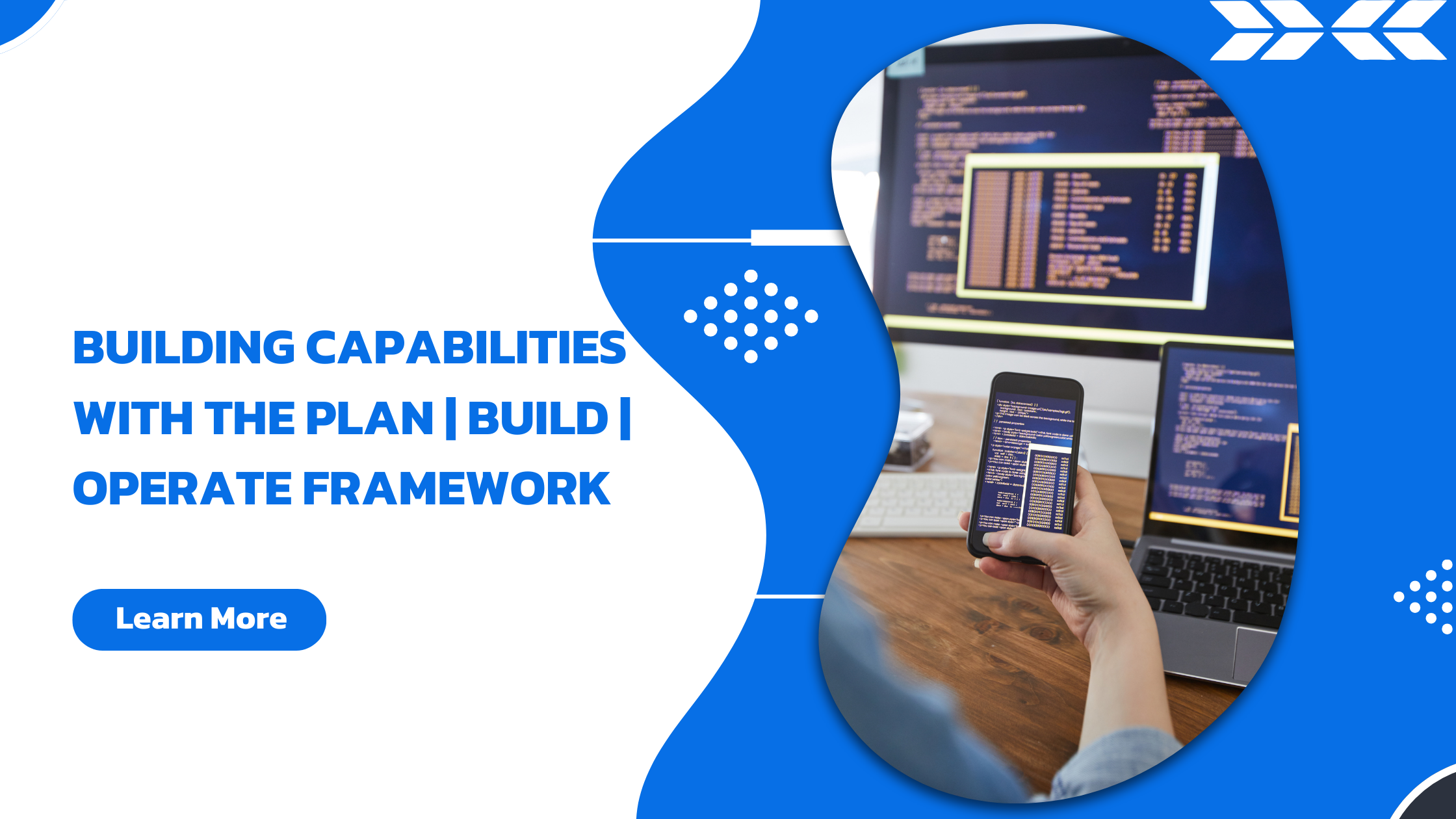
- August 30 2024
- Parshant Kashyap
In the era of software development, the decision to hire a dedicated development team can greatly influence the success and efficiency of your projects. This model is becoming increasingly popular among businesses that seek to leverage specialized skills and enhance operational flexibility while avoiding the overhead associated with managing an in-house team. According to a recent Gartner survey, organizations that opt for dedicated development teams experience up to a 30% improvement in time-to-market and a 20% reduction in development costs compared to those relying solely on in-house resources. This detailed guide provides a comprehensive checklist for effectively hiring a dedicated development team, helping you make informed decisions for your project’s success.
Overview
Choosing to hire a dedicated development team is more than just a staffing decision; it’s a strategic move that can impact the trajectory of your software projects. This model allows companies to access specialized expertise, scale resources according to project needs, and adapt quickly to changes in the technology landscape. With software development trends evolving rapidly, having a dedicated team can provide the agility and expertise needed to stay competitive.
In this guide, we will cover:
- The fundamentals of the dedicated development team model
- A step-by-step process for hiring a dedicated software development team
- Cost considerations and budgeting
- The general structure and roles within a dedicated development team
- Key differences between dedicated and in-house teams
- The benefits and common challenges of the dedicated development model
What is a Dedicated Development Team Model?
A dedicated development team is a group of professionals who work exclusively on your project, providing focused expertise and flexibility. This model is particularly useful for complex or large-scale projects where specialized skills and scalability are essential.
Key Features:
- Exclusive Focus: The team’s sole focus is on your project, ensuring that all their efforts are aligned with your goals and deadlines.
- Scalability: You can easily adjust the team size based on project requirements, allowing for efficient management of resources.
- Specialized Expertise: Gain access to a diverse range of skills and experience that may not be available in-house.
- Flexibility: Adapt the team structure and size as your project evolves, providing a responsive and agile approach to development.
How to Hire a Dedicated Software Development Team in 5 Easy Steps
Effectively hiring a dedicated development team involves several critical steps to ensure you find the right talent and structure for your project. Here’s a streamlined approach to guide you through the process:
1. Define Your Project Requirements
The first step in hiring a dedicated development team is to clearly define your project’s objectives, scope, and technical requirements. This clarity will help you find a team that aligns with your needs and ensures that the project proceeds smoothly.
- Project Scope: Detail the features, functionalities, and deliverables required. This includes creating a comprehensive project brief that outlines your vision and expectations.
- Technology Stack: Specify the technologies and tools that will be used in the project. Understanding your technology needs will help you find a team with the appropriate expertise.
- Timeline: Establish a realistic timeline for project milestones and completion. This will help you manage expectations and ensure timely delivery.
- Budget: Determine your budget constraints and expectations. Having a clear budget will guide you in selecting a team that fits within your financial parameters.
2. Research and Shortlist Potential Teams
Once you have a clear understanding of your project requirements, start researching and shortlisting potential dedicated development teams. Focus on teams that have experience and expertise relevant to your project.
- Portfolio Review: Examine the portfolios of potential teams to assess the quality and relevance of their past work. Look for projects similar in scope and technology.
- Client Testimonials: Seek feedback from previous clients to gauge satisfaction and performance. Client testimonials and case studies can provide valuable insights into the team’s reliability and quality.
- Industry Expertise: Ensure that the team has experience in your specific domain or industry. Specialized knowledge can be crucial for understanding and addressing industry-specific challenges.
3. Evaluate Team Structure and Skills
Assess the structure and skills of the potential teams to ensure they align with your project needs. This involves understanding the roles and responsibilities of each team member and their technical capabilities.
- Team Composition: Identify key roles such as project managers, developers, designers, and quality assurance testers. Ensure that the team has the necessary expertise and experience for each role.
- Skill Assessment: Evaluate the technical skills and experience of the team members. Look for relevant certifications, expertise in specific technologies, and a track record of successful projects.
- Communication Channels: Ensure that there are clear channels for effective communication and collaboration. This includes tools and processes for regular updates, feedback, and coordination.
4. Conduct Interviews and Assess Compatibility
Engage with potential teams through interviews to understand their approach and compatibility with your business. This step is crucial for ensuring a good fit between your organization and the team.
- Technical Interviews: Assess the team’s problem-solving abilities and technical knowledge through interviews or technical assessments. This helps ensure that the team can handle the complexities of your project.
- Cultural Fit: Determine if the team’s values and working style align with your organization. Cultural fit can impact the team’s integration and overall effectiveness.
- Project Management Approach: Discuss the team’s project management methodology and how they handle timelines, deliverables, and quality control. Ensure their approach aligns with your expectations and requirements.
5. Finalize Contracts and Agreements
Once you’ve selected a team, finalize the contractual details to ensure clarity on deliverables, timelines, and costs. This step involves drafting and agreeing on all necessary legal and operational documents.
- Contract Details: Include all project requirements, milestones, and payment terms in the contract. Clearly define the scope of work, deliverables, and deadlines.
- Confidentiality Agreements: Protect your intellectual property and sensitive information through confidentiality agreements. This ensures that your project details remain secure.
- Service Level Agreements (SLAs): Define performance metrics and quality standards in the SLAs. This helps establish expectations for the team’s performance and deliverables.
How Much Does it Cost to Hire a Dedicated Development Team?
The cost of hiring a dedicated development team can vary significantly based on several factors, including team size, expertise, and location. Understanding these factors will help you budget effectively and make informed decisions.
Cost Factors:
- Team Size: Larger teams or those with specialized skills may command higher rates. The size of the team should align with the project’s scope and requirements.
- Expertise: Teams with advanced technical knowledge or industry-specific experience often cost more. Specialized skills can be crucial for complex projects.
- Location: Offshore development centers can offer cost advantages compared to onshore teams. Differences in regional economic conditions can impact the cost of hiring a dedicated team.
According to a Clutch report, the average cost of hiring a dedicated development team ranges from $25 to $150 per hour, depending on the region and expertise. Offshore development centers often provide lower rates due to different economic conditions, making them a cost-effective option without compromising quality.
General Structure of the Dedicated Development Team
A well-structured dedicated development team typically includes several key roles, each contributing to the project’s success. Understanding the general structure will help you ensure that you have the right mix of skills and expertise for your project.
Key Roles:
- Project Manager: Oversees the project, manages timelines, and ensures communication between the client and the team. The project manager plays a crucial role in coordinating efforts and keeping the project on track.
- Developers: Responsible for coding and building the application based on project requirements. Developers bring technical expertise and implement the project’s features and functionalities.
- Designers: Create the user interface and user experience elements of the application. Designers ensure that the application is visually appealing and user-friendly.
- Quality Assurance (QA) Testers: Ensure the application is free of bugs and meets quality standards. QA testers conduct thorough testing to identify and resolve issues before deployment.
- Business Analysts: Analyze business requirements and translate them into technical specifications. Business analysts help bridge the gap between business needs and technical solutions.
Dedicated Development Team vs. In-House Team: 7 Key Differences to Know

When deciding between hiring a dedicated development team and using an in-house team, it’s essential to understand the key differences between the two options. Each approach has its own advantages and considerations.
1. Cost
Dedicated development teams often provide a cost-effective solution compared to hiring an in-house team. Offshore teams, in particular, can offer lower rates due to different economic conditions.
2. Expertise
Dedicated teams offer access to a broader range of skills and technologies. In-house teams may have limited expertise in certain areas, especially if your project requires specialized knowledge.
3. Flexibility
Dedicated teams provide greater flexibility in scaling resources up or down based on project needs. In-house teams may require long-term commitments and adjustments to accommodate changing requirements.
4. Focus
Dedicated teams focus exclusively on your project, ensuring dedicated attention and efficient progress. In-house teams often juggle multiple tasks and projects, which can impact their focus on your project.
5. Time-to-Market
Dedicated teams can often deliver projects faster due to their specialized expertise and streamlined processes. In-house teams may face delays due to resource constraints or competing priorities.
6. Resource Management
In-house teams require ongoing management and infrastructure, including recruitment, training, and administrative support. Dedicated teams handle these aspects, reducing the burden on your organization.
7. Risk
Dedicated teams can mitigate risks through their specialized knowledge and established processes. In-house teams may face challenges in addressing complex issues or adapting to new technologies.
Benefits of a Dedicated Development Team Model
Choosing to hire a dedicated development team offers several benefits that can enhance the success of your projects and streamline your development process.
Access to Expertise
Gain access to a diverse range of technical skills and industry-specific knowledge that may not be available in-house. This expertise can be crucial for addressing complex project requirements and staying ahead of technological advancements.
Cost Efficiency
Dedicated teams often offer cost advantages, especially when using offshore development centers. Lower rates and flexible engagement models can help you manage your budget effectively while achieving high-quality results.
Scalability
Easily adjust the team size based on project requirements, allowing for efficient resource management and adaptation to changing needs. This scalability ensures that you have the right resources at each stage of the project.
Flexibility
Adapt the team structure and size as your project evolves, providing a responsive and agile approach to development. This flexibility allows you to address new challenges and opportunities as they arise.
Focused Attention
Dedicated teams concentrate solely on your project, enhancing productivity and quality. With a single focus, the team can deliver more efficient and effective results.
Common Challenges While Hiring a Dedicated Development Team
While the dedicated development team model offers many advantages, it also presents some challenges that you should be aware of and prepared to address.
Communication Barriers
Differences in time zones and languages can impact communication and collaboration. Establish clear communication channels and processes to ensure effective coordination and information sharing.
Quality Control
Ensuring that the team meets your quality standards requires careful oversight and management. Implement robust quality assurance processes and regularly review progress to maintain high standards.
Cultural Differences
Variations in work culture and practices can affect team dynamics and project outcomes. Foster a positive working relationship by understanding and addressing cultural differences.
Integration
Seamlessly integrating the dedicated team with your existing processes and systems can be challenging. Develop clear integration plans and facilitate effective collaboration between teams.
Conclusion
Deciding to hire a dedicated development team can be a transformative move for your organization, offering access to specialized skills, cost efficiency, and operational flexibility. By following this comprehensive checklist, you can ensure that you select the right team for your project, manage costs effectively, and address potential challenges.
At Upcore Technologies, we specialize in helping businesses navigate the complexities of hiring a dedicated development team. Our expertise in software project management and industry trends ensures that you make informed decisions and achieve successful project outcomes. Contact us today to explore how our dedicated development team solutions can drive your software development journey and propel your business forward.










